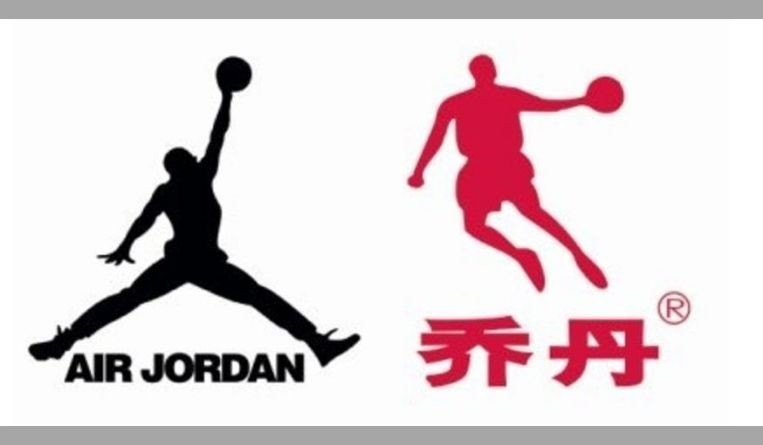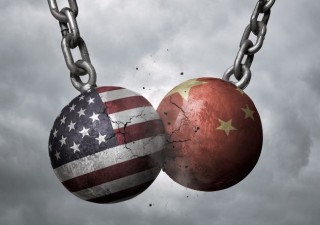“Considering Michael Jordan’s high reputation in China, when seeing 乔丹, the public will more easily connect it with Michael Jordan and mistakenly consider that the goods with the trademark 乔丹are from Michael Jordan or that there exists some certain relationship between the related parties. This will easily mislead the consumers about the origins of goods. Obviously, this disobeys the function of the trademark which shall distinguish the different entities in the market,” says Li.
Rebeccah Gan, a partner at Wenderoth, Lind & Ponack in Washington, also agrees with the verdict.
“The decision is the right outcome, given the 2016 ruling, finding that Chinese consumers would view the Chinese characters for Qiaodan as a reference to the former basketball player but not the Chinese pinyin transcription,” says Gan.
The 2016 ruling refers to the Supreme Court decision that year which gave Jordan the right to his name written in Chinese characters, 乔丹. Months after, the court allowed the company to use Qiaodan in Romanized English.
“In our ‘flat’ world, Chinese consumers are exposed to both marks comprising traditional characters and the Romanized English alphabet on a daily basis,” says Gan.
As for the logo, Li says the Qiaodan Sports logo is dissimilar with that of the Air Jordan product line in visual appearance, expression and style, among others. “The logo of Qiaodan Sports, which does not reveal any feature of Michael Jordan, could not be monopolized by Michael Jordan. Otherwise, this may impair other related parties’ legal benefits,” she says.
In a statement, Qiaodan Sports said that the Supreme Court’s decision “would not impact the normal use of [its] existing trademarks, nor would it affect normal business operations.”
“I cannot fathom how the decision would not severely impact the normal use of Qiaodan Sports’s existing trademarks. Its own company name should be impacted by this ruling. Moreover, they had applied for 200-odd similarly named trademarks, including Qiaodan in alternative spellings and Qiaodan King,” says Gan.
Li’s firm believes the decision will not impact the company’s normal business operation and use of its trademarks. Said ruling, she says, only refers to the trademark under No. 6020578 “乔丹”. Furthermore, Qiaodan Sports is allowed to continue using the logo. The company also maintains its legal rights over its other valid trademark registrations.









